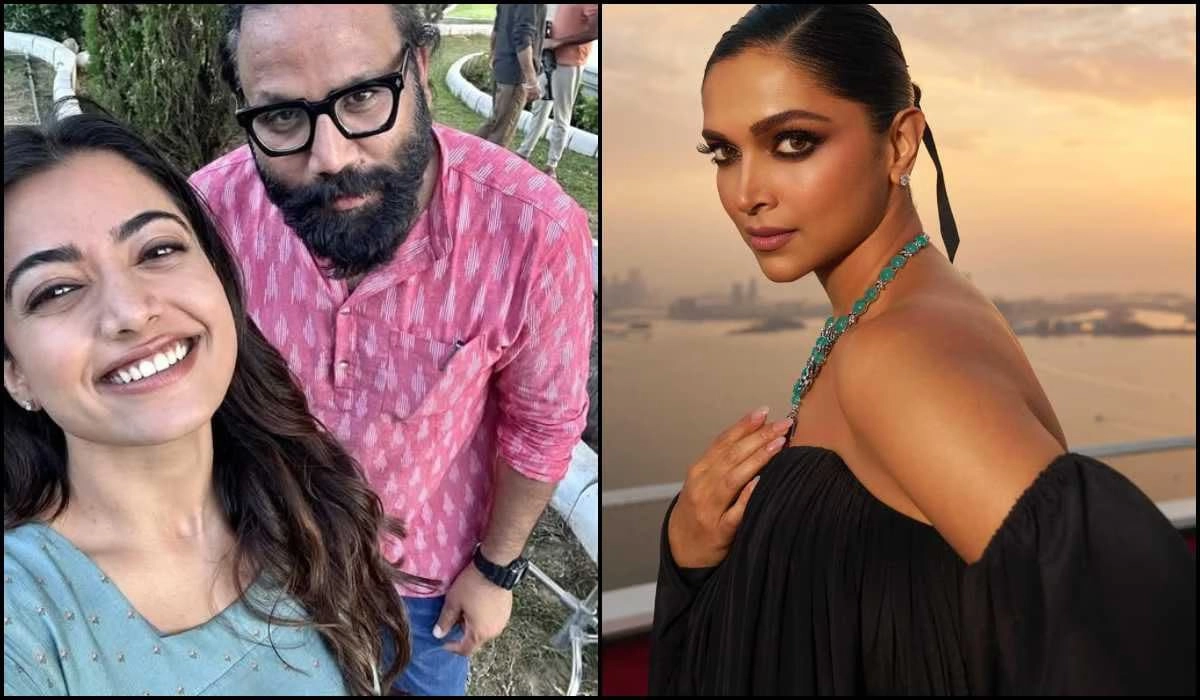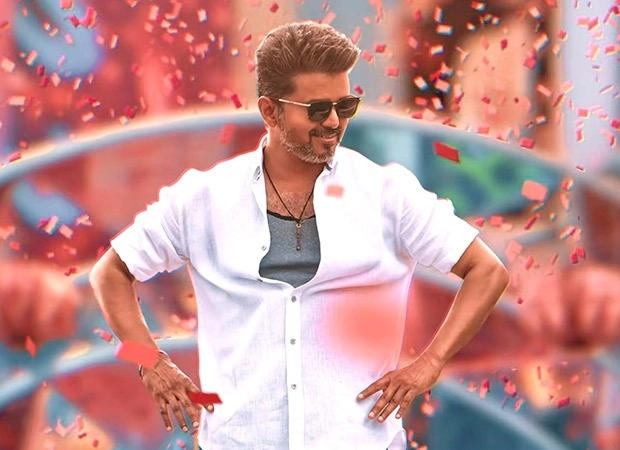Parmeet Sethi recently expressed his thoughts regarding Divya Khosla Kumar’s controversial comment about living in a “hut next to a gutter.” This remark, made during a public interaction, stirred a considerable amount of attention and dialogue on social media platforms. Many perceived the comment as an insensitive jab at the struggles of others, and Sethi, known for his candid nature, did not hold back in his response. He emphasized that such statements reflect not only a person’s current circumstances but also their journey and experiences. Sethi’s assertion that “it was in your fate” serves as a reminder that everyone’s life path is shaped by various factors, including hard work, resilience, and sometimes, sheer luck.
In his reaction, Sethi highlighted the importance of humility and awareness of one’s privileges. He pointed out that while one may achieve success and comfort, it is crucial to remember the struggles that others face. Sethi’s comments can be seen as a call for empathy, urging individuals to be mindful of their words and the impact they can have on those who are less fortunate. The entertainment industry, often glamorized, sometimes overlooks the realities that many people endure, and Sethi’s response seeks to bring attention to this disparity.
Moreover, the dialogue between Sethi and Khosla underscores a broader societal issue regarding class and privilege. When celebrities make remarks about their past or the lives of others, it often reflects a disconnect from the everyday realities faced by many. Sethi’s intervention serves as a necessary reminder that success does not exempt one from accountability or the need to be compassionate. His words resonate with a growing sentiment among the public that those in positions of influence should use their platforms responsibly, promoting understanding rather than division.
In a world where social media amplifies every statement, it becomes increasingly important for public figures to consider the weight of their words. The exchange between Parmeet Sethi and Divya Khosla Kumar is a poignant example of how a single remark can spark significant conversation about privilege, fate, and the human experience. As discussions about these themes continue, they have the potential to foster greater compassion and awareness within society, encouraging individuals to reflect on their journeys and the journeys of others. Ultimately, it is a call to action for everyone to approach life with empathy, recognizing that each person’s story is unique and shaped by a multitude of circumstances.




